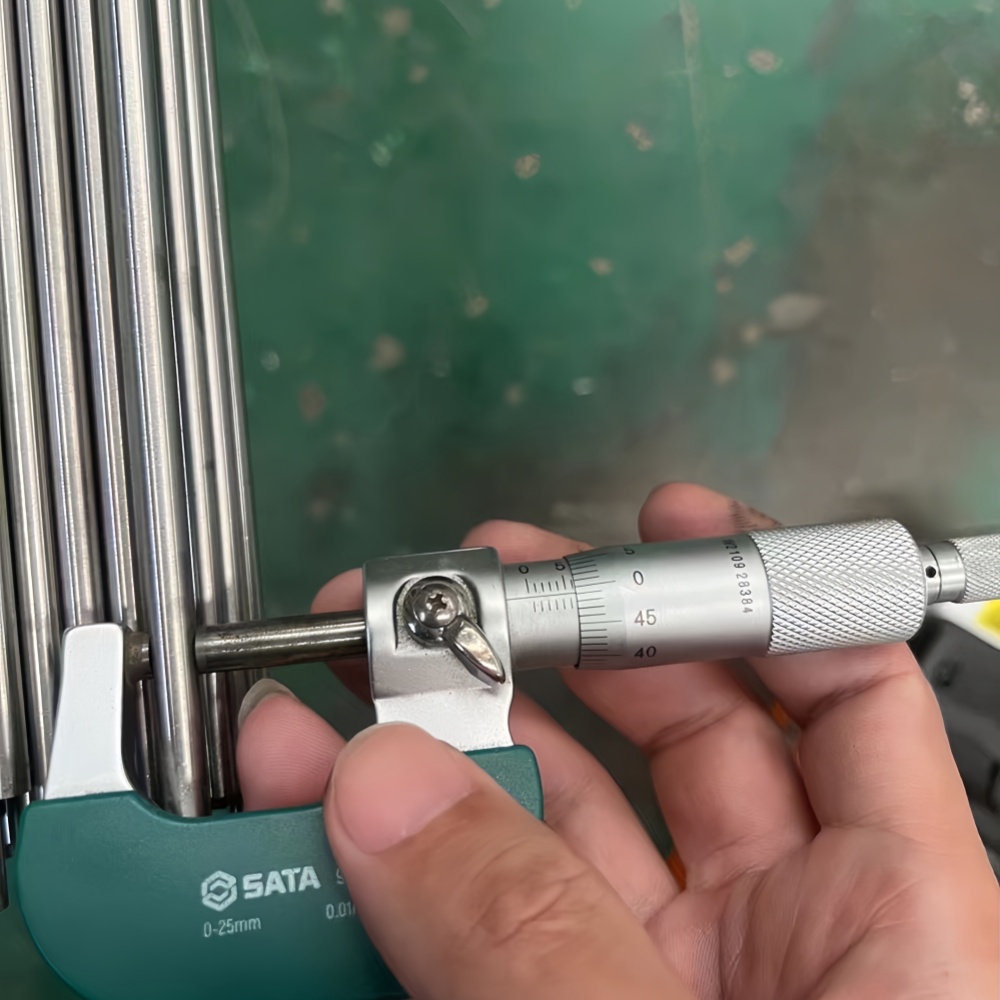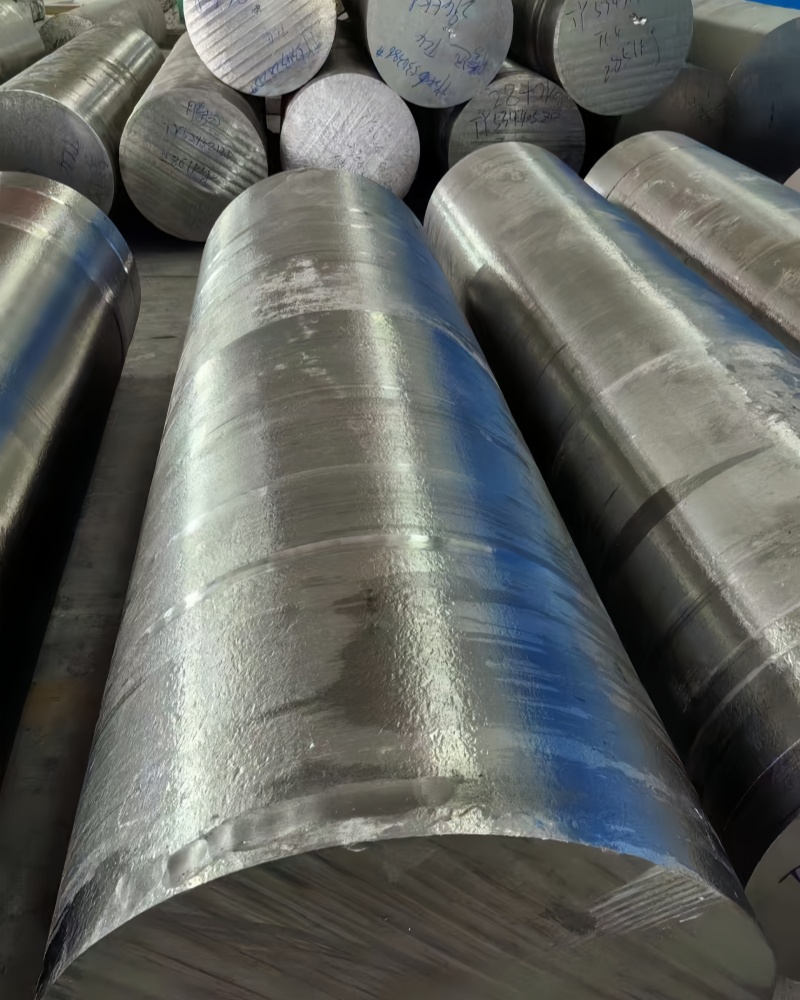
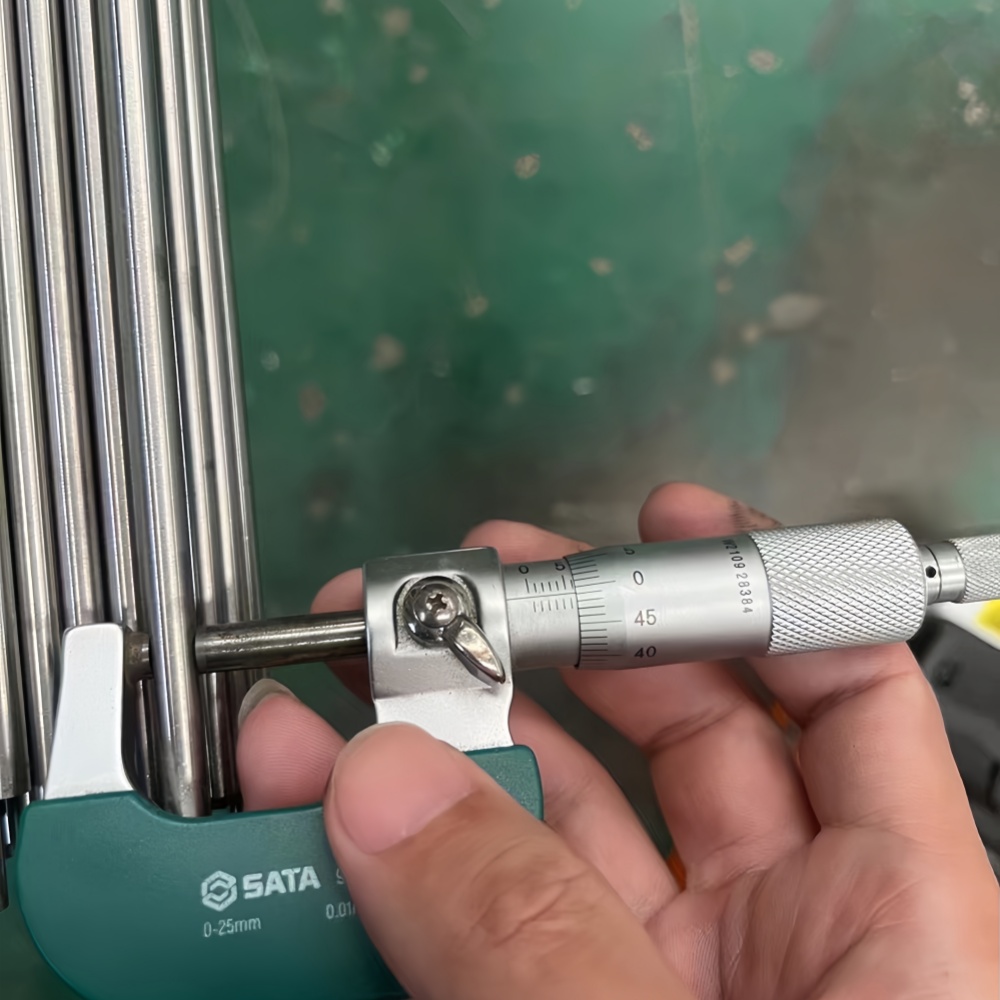 What is memory alloy? A special metal material that can recover its original macroscopic shape after plastic deformation in a certain temperature range at another temperature range.
What is memory alloy? A special metal material that can recover its original macroscopic shape after plastic deformation in a certain temperature range at another temperature range.
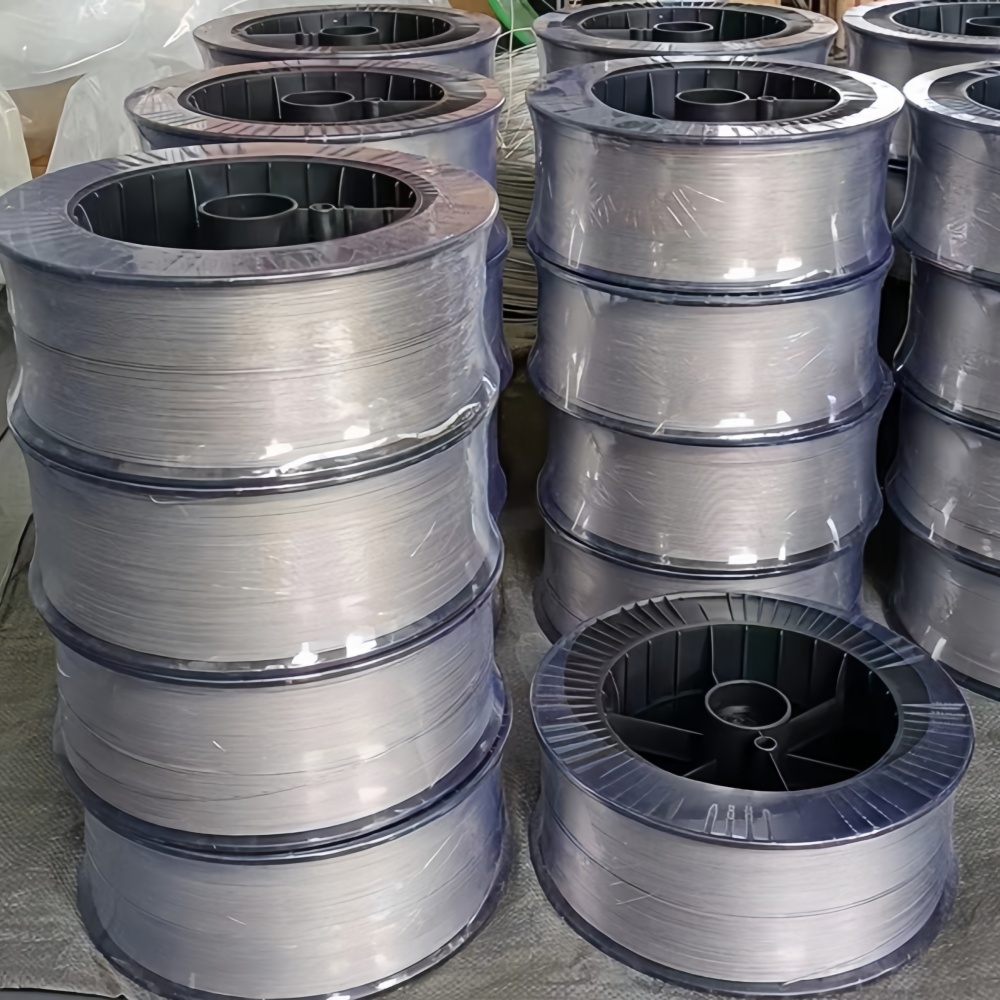
It is mainly nickel-titanium (Ti-Ni) alloy material. For example: in a glass jar containing cold water, stretch a spring, put the spring into the hot water, the spring automatically closed. Put the contracted spring into the cold water, the spring returns to the original state of elongation, and in the hot water, it will shrink, the spring can be stretched and contracted unlimited times, contracted and then opened.
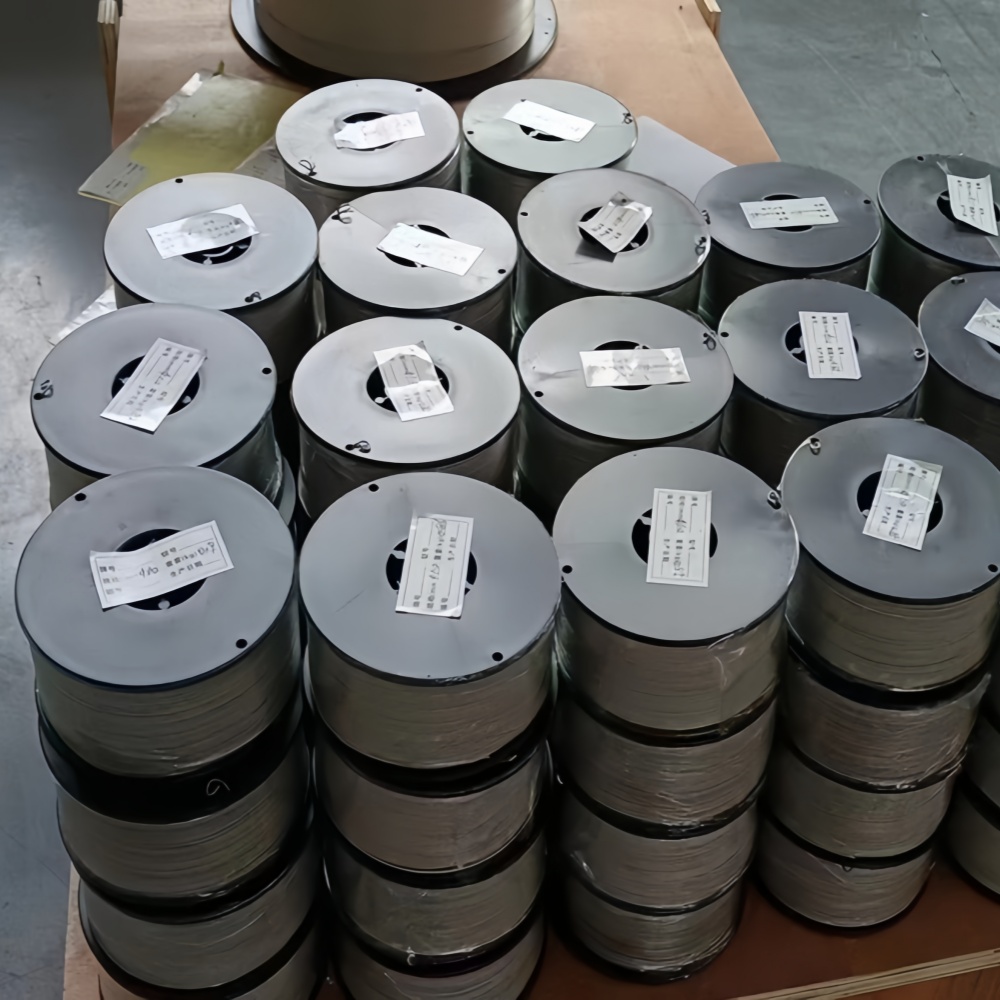
Nickel-titanium (Ti-Ni) alloys have different crystal structures at different temperatures, and when the temperature changes, the alloy will contract or expand accordingly, resulting in a change in shape. For example, the crystal structure of nickel-titanium (Ti-Ni) alloy is different above and below 40 ° C, but when the temperature changes above and below 40 ° C, the alloy will contract or expand, making its shape change. Here, 40℃ is the "metamorphosis temperature" of nickel-titanium memory alloy.
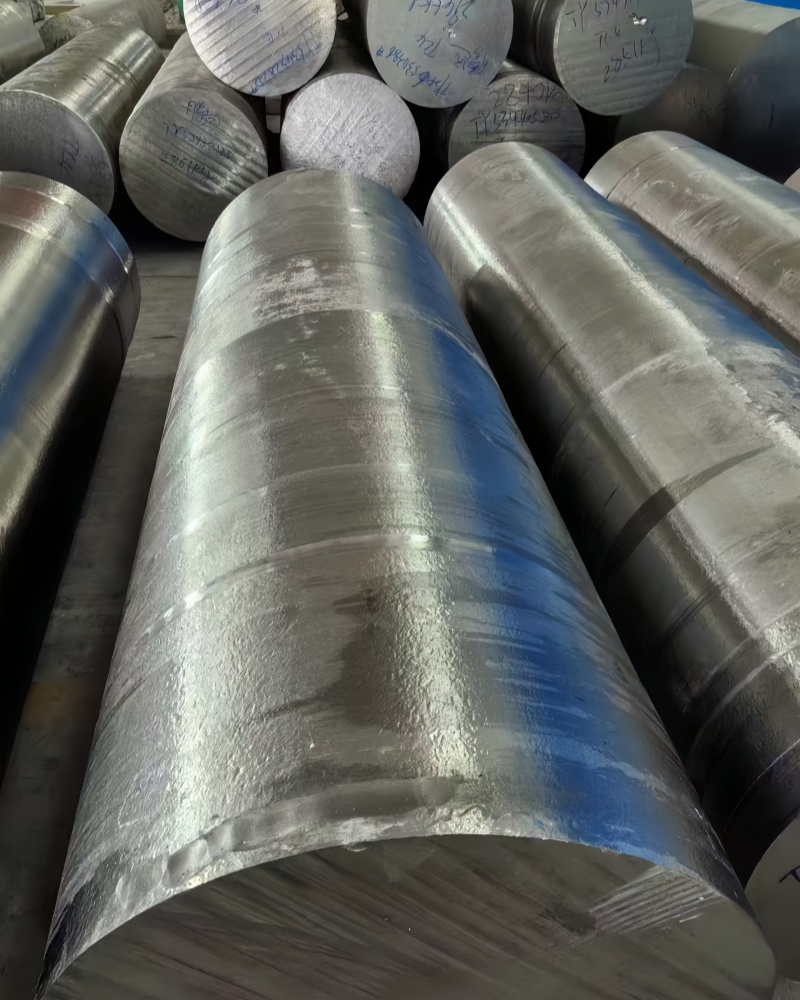
Our ordinary people can see where nickel-titanium (Ti-Ni) alloy memory wire is used - that is, eyeglass frames. The advantage of memory metal frames is their super elasticity and flexibility. Gives the frame superior hardness and comfort, especially suitable for people who need to adjust the frame frequently. The memory metal mirror leg can bounce 180 degrees freely without deformation, making up for the lack of elasticity of ordinary metal.
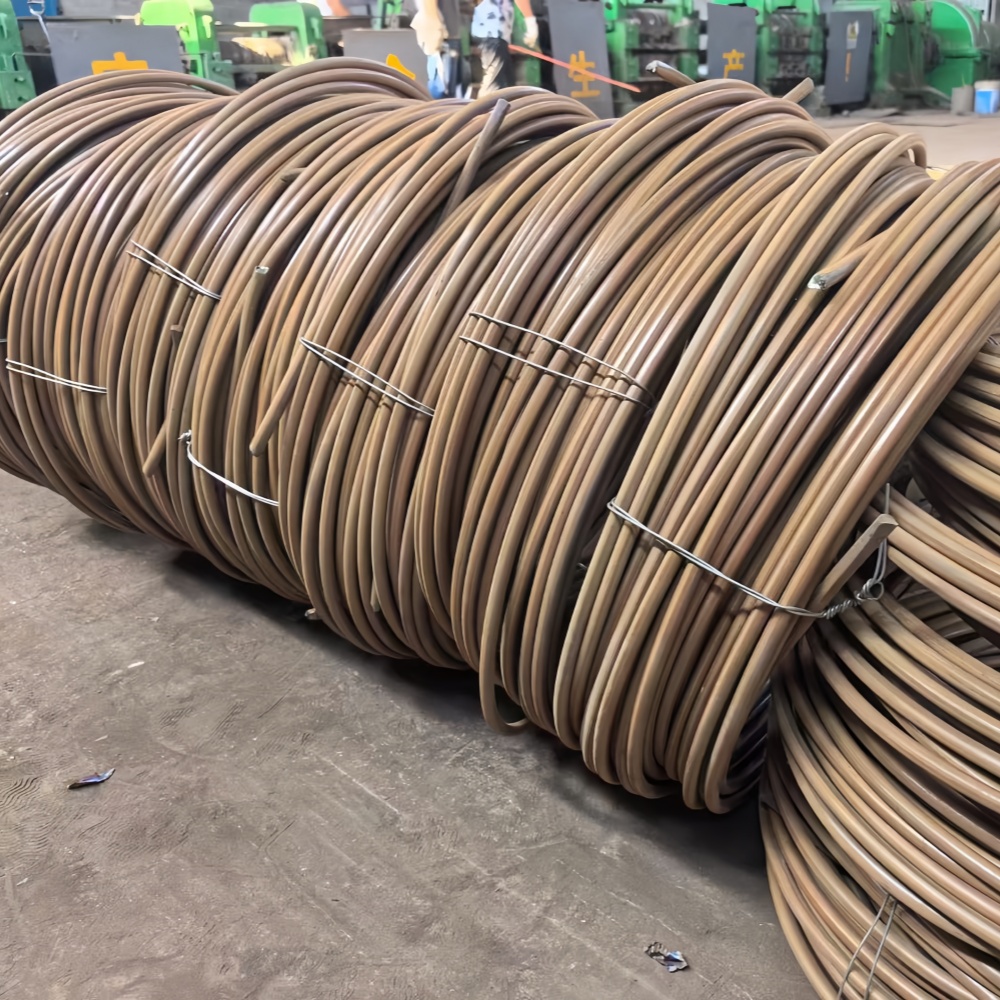
Nitinol memory wire chemical composition: nickel (Ni) content: 55.4%--56.2%; Carbon (C) content ≤0.07; Hydrogen (H) content ≤0.005; Oxygen (O) content ≤0.050; Nitrogen (N) : ≤0.05; The margin is titanium
Physical properties of Ni-Ti (Ti-Ni) alloy wire: tensile strength: 850 MPA; Yield strength: 195 ~ 690 MPA; Elongation: 25 ~ 50%.
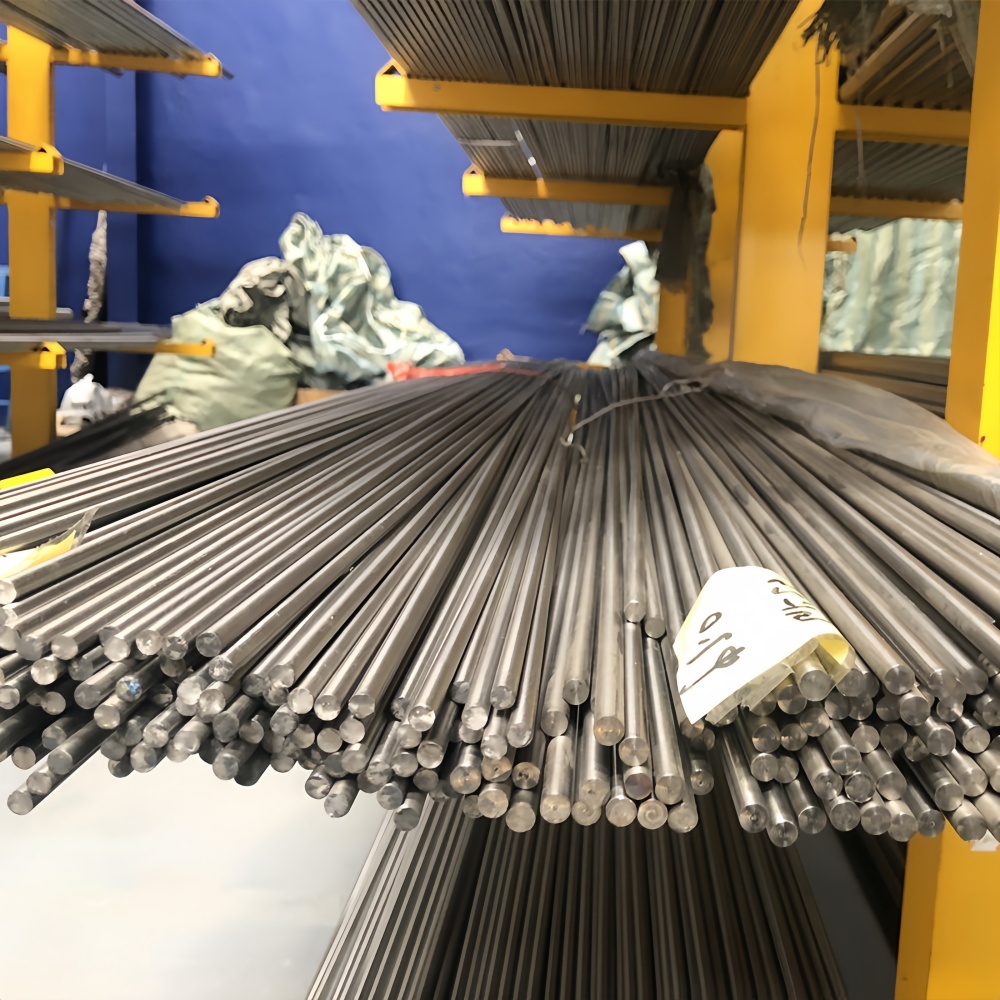
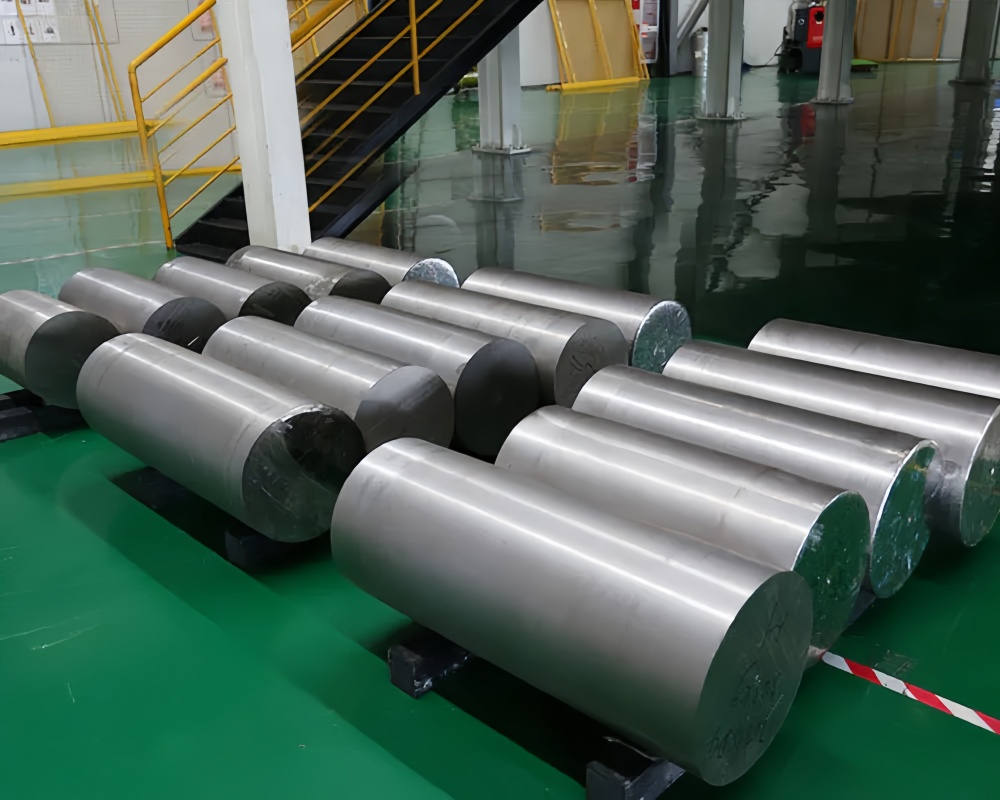
Nickel-titanium (Ti-Ni) alloy can be used for the early correction of teeth in oral patients. Currently, nickel-titanium alloy bow wire is commonly used as the first bow wire included in the treatment system.
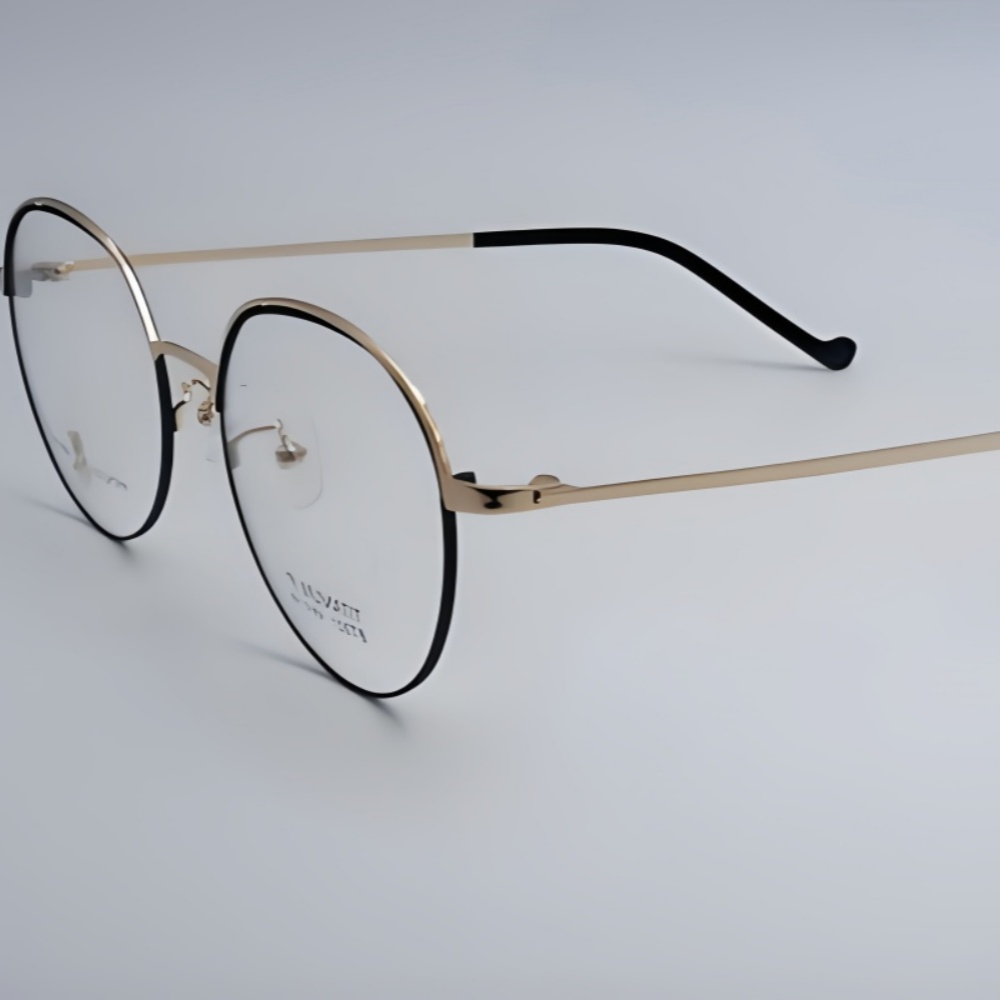
In addition to the medical field, the civilian field, nickel titanium (Ti-Ni) alloy is used in the manufacture of automotive engine valve springs, shock absorbers, transmission systems and other automotive parts.
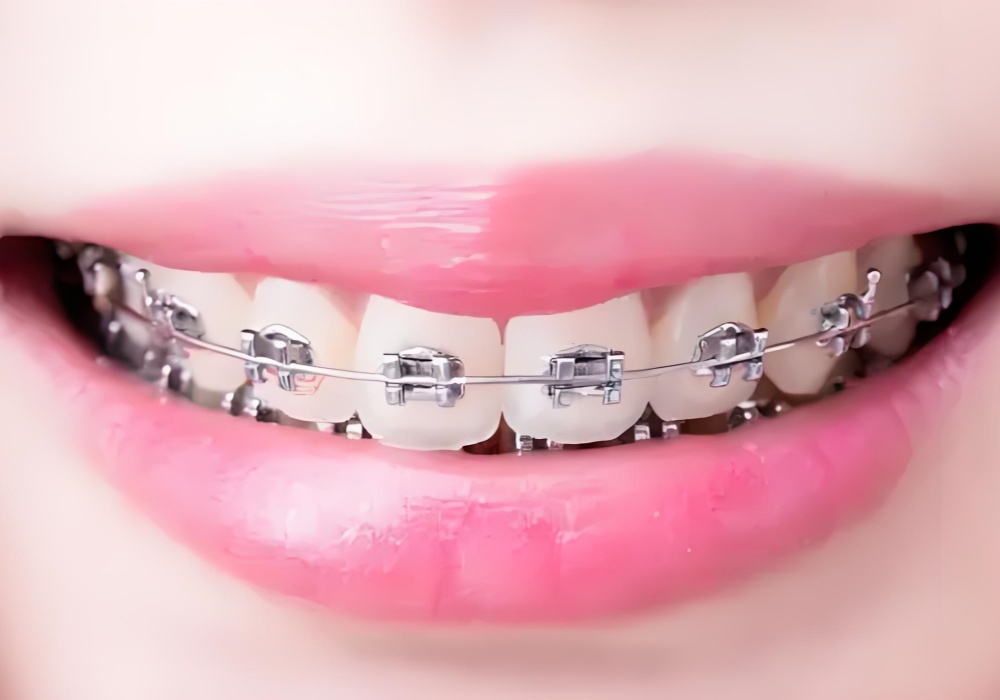
The research and application of Ni-Ti (Ti-Ni) alloy in China started early, and has been in the leading position in the world. China's production of nickel titanium (Ti-Ni) alloy has accounted for more than 75% of total production.
